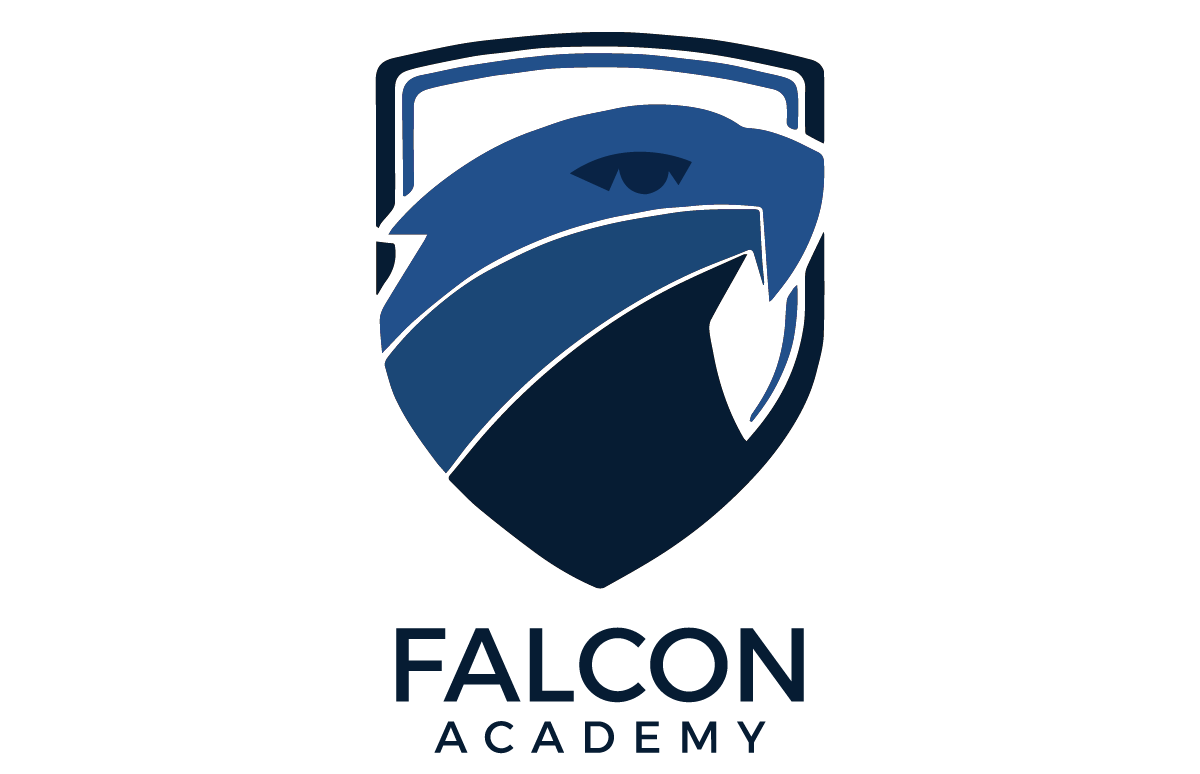
Physical and Health Education (PHE)
At Falcon Academy, Physical and Health Education is designed to promote lifelong wellness, physical competence, and healthy decision-making. Through both the elementary and middle school stages, our program emphasizes the holistic development of learners’ physical, social, emotional, and cognitive well-being within a supportive and inclusive environment.
Grounded in the three-dimensional model of teaching and learning—concepts, skills, and content, PHE empowers learners to understand the importance of active lifestyles, personal fitness, teamwork, and health literacy.
PHE in Elementary School
Physical and Health Education focuses on developing fundamental movement skills such as running, jumping, throwing, and catching, alongside games and activities that build coordination, balance, and spatial awareness. Learners engage in playful, cooperative, and individual activities designed to foster enjoyment, confidence, and positive attitudes toward physical activity.
Health education introduces essential concepts related to personal hygiene, nutrition, emotions, safety, and community well-being. Through inquiry and reflection, learners explore questions like “How does my body work?” and “Why is exercise important for my health?”
Activities include structured games, basic fitness challenges, dance, and movement exploration, as well as lessons on emotional regulation, nutrition, and making healthy choices. Learners develop skills in collaboration, goal-setting, self-management, and respectful communication.
Assessment focuses on formative observation, self-reflection, peer feedback, and skill demonstrations. Summative tasks may include fitness journals, personal goal portfolios, and participation in class challenges that encourage learners to apply what they’ve learned in authentic, meaningful ways.
PHE in Middle School
Physical and Health Education expands to include more specialized and strategic activities, such as team sports, individual fitness training, aquatics, and outdoor pursuits. Learners analyze the scientific principles behind movement, anatomy, physiology, and health-related fitness.
Health topics broaden to encompass mental health awareness, substance abuse prevention, nutrition science, and lifestyle choices that impact long-term well-being. The curriculum fosters an understanding of how physical activity and healthy habits contribute to personal and community health.
Learners participate in skill-building drills, tactical games, fitness assessments, and health promotion projects. They develop critical thinking, decision-making, leadership, and resilience through challenges that simulate real-life situations.
Assessments include formative checks such as skill feedback, fitness testing, self and peer assessments, and reflective journals. Summative assessments involve performance-based tasks like designing and executing fitness programs, leading team activities, creating health campaigns, or researching and presenting on health topics.
Through the elementary and middle school Physical and Health Education programs, Falcon Academy cultivates active, informed, and responsible individuals who value wellness and make positive choices. Learners gain the knowledge, skills, and attitudes needed to maintain balanced lifestyles and contribute to healthy communities.
